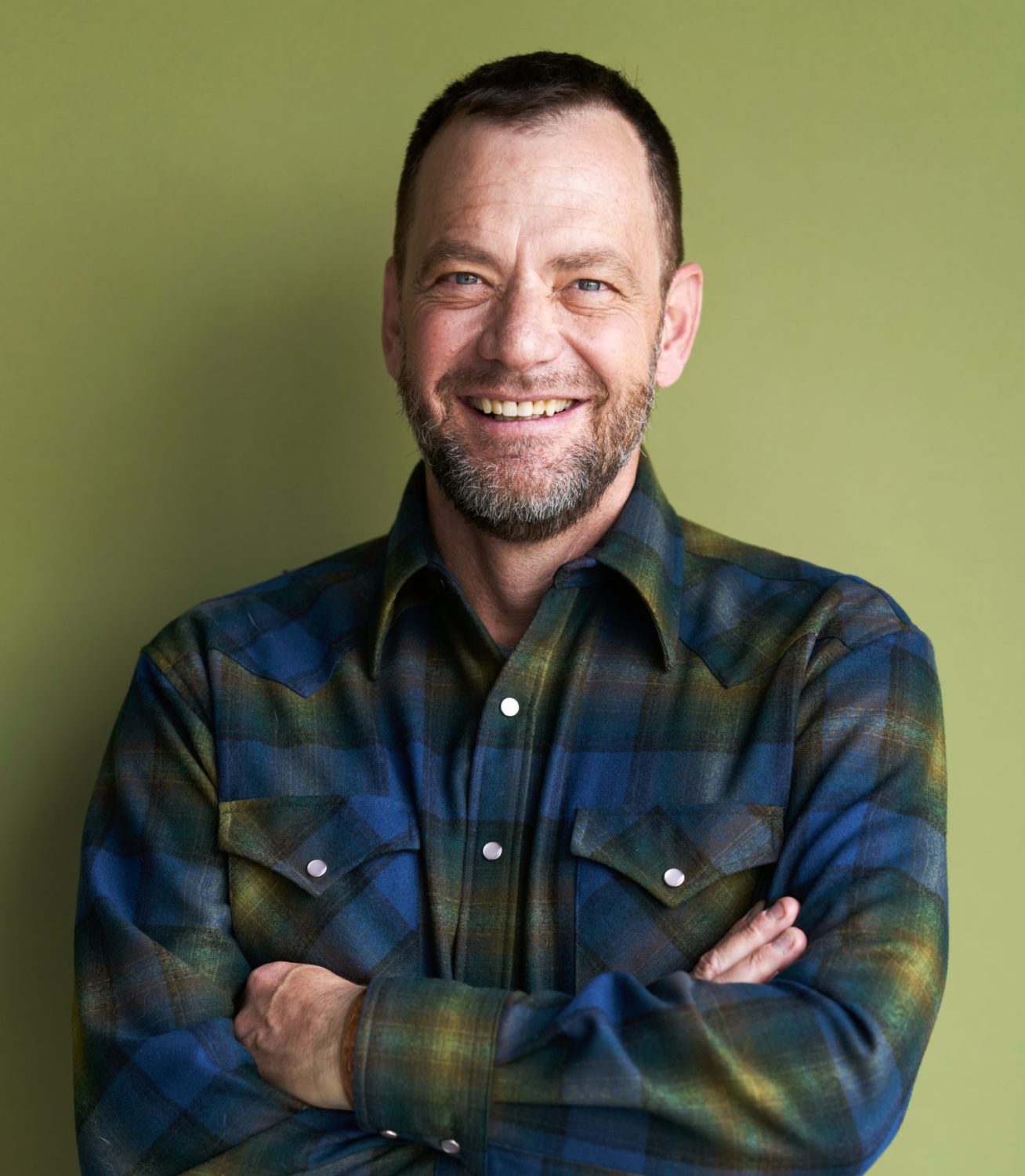
Steven Hatcher is the state folklorist and director of the Folk and Traditional Arts Program at the Idaho Commission on the Arts. A public sector folklorist with 21 years of experience, Steven spent a decade living in four countries and on as many continents. Overseas, his experience focused on the educational side of public folklore through contract positions awarded by the State Department and as an expatriate hired in the local economy. At the Idaho Commission on the Arts, Steven documents, supports, and celebrates the folklife of Idaho through public programs and grant funding.
What are the most significant opportunities or challenges now facing AFS, and how as a member of the Executive Board would you respond to those opportunities or challenges?
Despite the limitations of geography or our individual job duties, I think the last few years have clarified and reinforced how connected our work is. With the help of Tim Lloyd’s new book, What Folklorists Do, conveniently published in the middle of the mess, the last few years have highlighted common traits and skills that make our field unique, namely: advocacy, collaboration, and deep listening. Whether we work in universities, arts agencies, non-profit organizations—or as politicians, consultants, or comedians, apparently—we’re pretty good at facilitating dialogue, organizing, and rallying the troops. Barre Toelken always said that folklorists make good mediators and I think the world could use more mediation, less aggression. Seems like we (as a field) should take opportunities like the one we find ourselves in to better define the field and how we can better serve our troubled nation. Like the Living Traditions Network that formed to respond to the chaos caused by the pandemic, I would like to see more regional and local collaborations that transcend the academic versus public constraints we set for ourselves and focus on the people and issues we’ve committed to serve. As a veteran of the diplomatic life (i.e., a “traveling spouse”), I can attest that embassies and consulates worked best when their mission and vision were defined, both at the macro, stateside federal level and within the micro walls of the embassy. Now that the American pastures have seemingly been burned to the stubble, it’s high time to till the soil back to health with renewed commitment, definition, and collaboration.